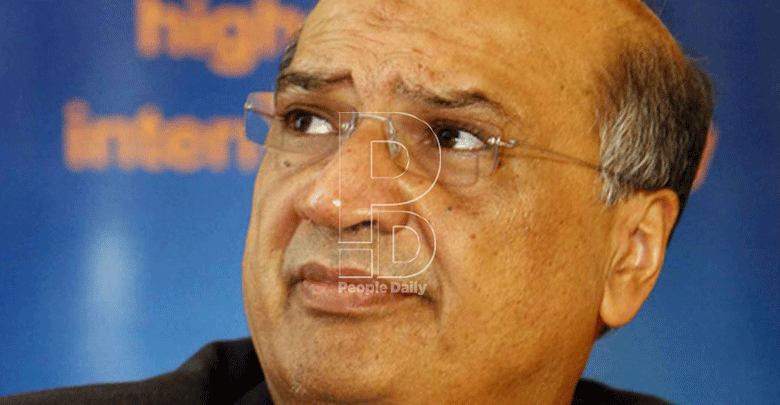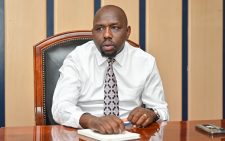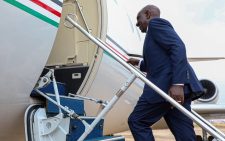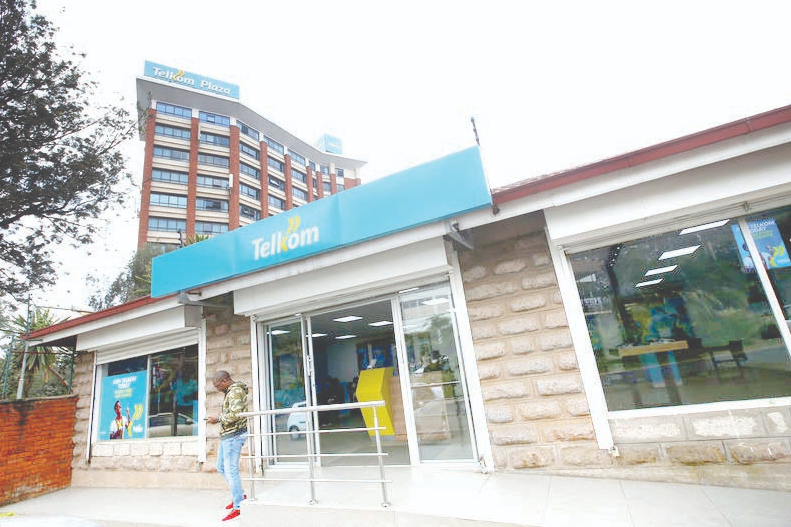Merali: Exit of a suave business flipper, mogul

The death of billionaire businessman Naushad Merali has drawn the curtain on one of the country’s most aggressive captains of industry whose deal-making drew ire and admiration.
Merali’s business interests span telecommunications, manufacturing, agriculture, banking and real estate.
“It is with profound grief and sorrow that we inform you of the sad demise of Dr Naushad Noorali Merali in Nairobi.
He was a businessman and owner of Sameer Group,” a statement from Shia Ithna Ashri Jamaat Secretariat broke the news of his death on Saturday.
Merali’s death comes days after billionaire Chris Kirubi’s death, perhaps in what appears to be the end of a generation of some of Kenya’s top business minds who led the country from the private sector.
President Uhuru Kenyatta eulogised him as a top industrialist whose businesses created thousands of jobs for Kenyans contributing significantly to the stability of the Kenyan economy.
However, unlike many entrepreneurs, Merali was not known for building companies from the ground up.
Instead, he made his money by buying struggling companies then re-engineering them to sell them later at a profit.
The business of flipping companies involves stripping out as many costs as possible including firing employees before selling them to new owners.
This and other dealings painted a picture of ruthless entrepreneurship that attracted sharp criticism. “I started doing buyouts long before the word became fashionable in Kenya,” he once remarked.
His career exemplifies that of US businessman Henry Kravis in the famous book the Barbarians At the Gate who rose to fame by buying companies with loans, stripping them off unnecessary costs then selling them off in what sometimes left the buyers with an egg on their face.
Some of his most prominent investments include stakes in Kencell, now Airtel, Swift Global and KDN, among others.
He would later be ranked as Kenya’s third richest man, by the Forbes Magazine worth an estimated Sh40 billion.
He owned 40 per cent of the Airtel (then KenCell Communications) jointly with its French partner Vivendi in 2000.
New partner
When Vivendi left Kenya, Merali bought the Vivendi stake in KenCell at $230 million (Sh24.8 billion) and sold it to a new partner, Celtel International, the very same day for $250 million (Sh27 billion)— earning a sumptuous profit of $20 million (Sh 2.16 billion).
In 1975 for instance, two years after joining Ryce Motors as a finance director, he convinced the owner, Frank Ryce, to sell the firm to him.
His next acquisition was in 1983 when he founded Equatorial Bank, then operating as a finance house. Thirty years later, he sold it to Mwalimu National Sacco, attracting controversy.
This is after the revelation that he withdrew Sh1.7 billion from Spire Bank (formerly Equitorial) days after selling it to teachers’ Sacco, hurting the prospects of the lender.
Mwalimu first acquired a 75 per cent stake in the bank from Merali followed by another 25 percent stake last year amid mounting losses and wiped out capital.
He would come to buy Firestone US stake in Firestone East Africa in 1985 and transform it into Yana Tyres and took the company to the Nairobi Securities Exchange in search of an exit which made him millions.












